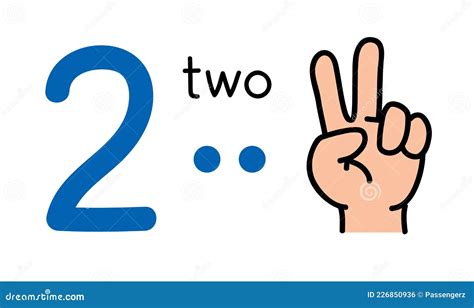For generations, men have been implicitly and explicitly taught that independence is a cornerstone of masculinity. From childhood narratives of the lone hero to adult admonishments to “man up,” the message is clear: a true man handles his own problems. While self-reliance is a valuable trait, this deeply ingrained expectation often clashes with the fundamental human need for connection and support, particularly within the most intimate and significant personal relationships.
The Roots of Stoic Masculinity
The societal ideal of male independence isn’t a modern invention; its roots delve deep into historical and cultural narratives. Traditional masculinity often equates strength with stoicism, emotional containment, and an unwavering ability to overcome challenges without external aid. Boys are frequently socialized to suppress vulnerability, viewing it as a weakness, and to believe that seeking help – especially emotional help – is somehow emasculating. This cultural conditioning creates an internal conflict for men: the desire for connection vs. the fear of appearing less than “manly.”

Impact on Romantic Partnerships
In romantic relationships, this expectation of independence can manifest in various challenging ways. Men may struggle to express their feelings, whether it’s stress, sadness, or fear, leading to emotional distance and a sense of isolation even when physically present. Partners might perceive this as a lack of engagement or care, when in reality, it’s a deeply ingrained resistance to vulnerability. Simple acts of accepting comfort or admitting a need can feel like a profound personal failure, eroding intimacy and trust.
The inability to share burdens can also lead to men internalizing problems, potentially exacerbating mental health issues like depression and anxiety. Instead of leaning on their partner during a crisis, they might withdraw, attempting to solve everything alone, often to their detriment and the detriment of the relationship.
Strained Friendships and Family Ties
Beyond romantic relationships, the expectation of independence impacts friendships and family dynamics. Male friendships, while often strong, can sometimes lack the deep emotional reciprocity found in other relationships, precisely because men are less conditioned to share their inner worlds. A man might feel comfortable supporting a friend through a tough time but profoundly uncomfortable asking for similar support in return.

Within family structures, fathers, sons, and brothers may maintain a veneer of self-sufficiency, leading to unspoken needs and unaddressed conflicts. This can create a superficiality in relationships where deep, authentic connection is sacrificed for the sake of maintaining a perceived image of strength and capability.
The Psychological Toll and Relationship Breakdown
The continuous effort to uphold an independent facade takes a significant psychological toll. It can lead to chronic stress, burnout, and a profound sense of loneliness. When men consistently suppress their needs for support, their relationships suffer from a lack of genuine intimacy and shared vulnerability. Partners may feel shut out or resentful, leading to communication breakdowns and, in severe cases, the dissolution of relationships.

Furthermore, without external perspectives and emotional validation, men may struggle to process difficult experiences, making it harder to develop healthy coping mechanisms or to heal from trauma. This cycle perpetuates the very independence that can be so damaging.
Towards a Healthier Model of Masculinity
Breaking free from these restrictive societal expectations requires a conscious effort from both individuals and society. For men, it involves challenging internal narratives, recognizing that vulnerability is a strength, and practicing the uncomfortable act of seeking and accepting support. This can start small: sharing a minor worry, admitting fatigue, or simply accepting an offer of help.

Partners and loved ones play a crucial role by creating safe spaces for men to express themselves without judgment, validating their feelings, and actively offering support. Society, too, must evolve its definition of masculinity to embrace emotional intelligence, interdependence, and the courage to be vulnerable as integral components of strength.
Conclusion
The pervasive expectation of male independence profoundly impacts men’s willingness to seek or accept support in their most significant relationships, often leading to emotional isolation and strained connections. By fostering a culture that values vulnerability and interdependence alongside strength, we can empower men to cultivate richer, more authentic relationships and achieve greater emotional well-being. True strength lies not in enduring alone, but in the courage to connect and accept the support that nurtures us all.





